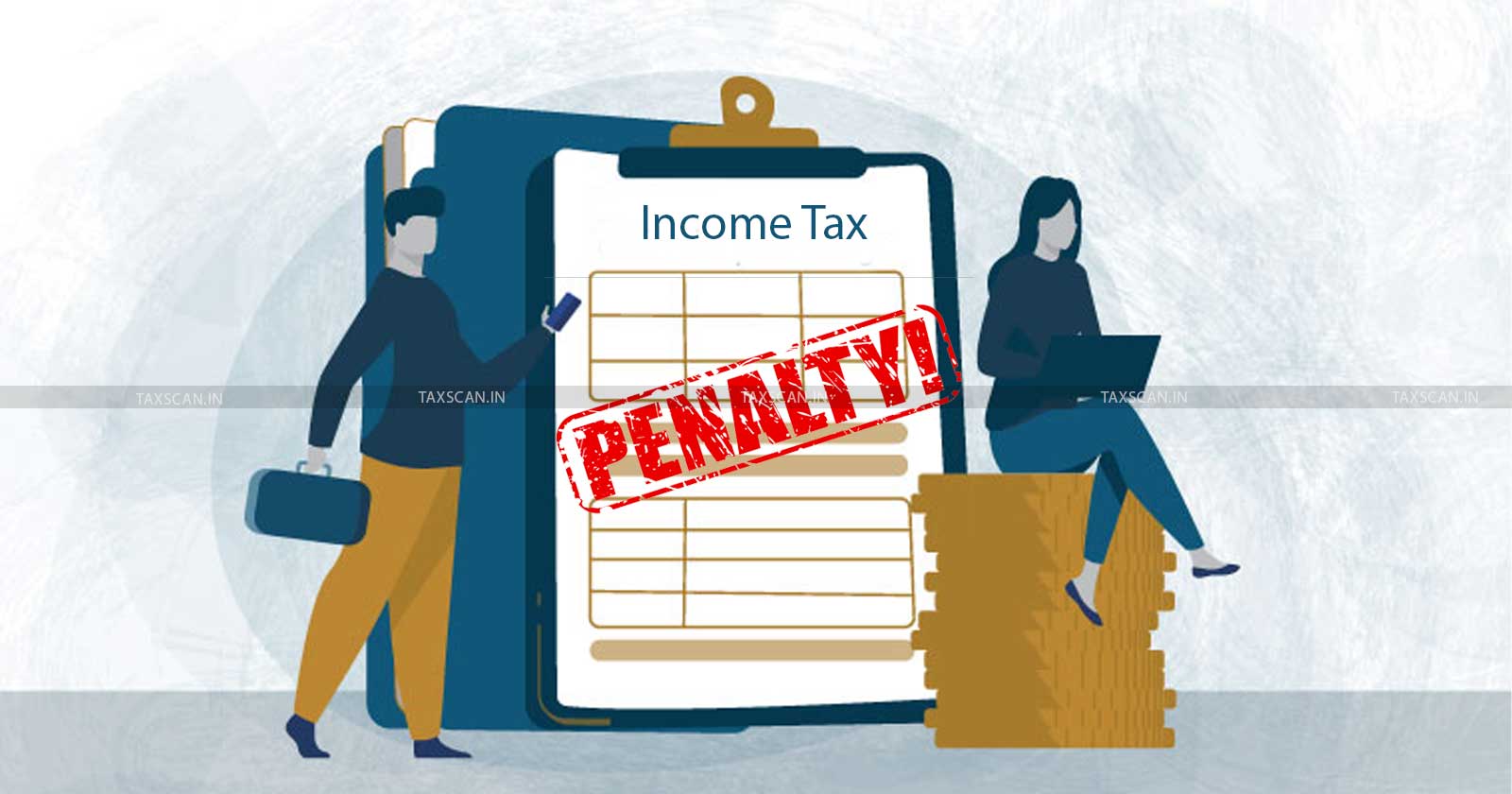Advocate Suffers from Depression/Memory Loss, Fails to Defend Appeal resulting Ex-parte Order: ITAT Remands for Fresh Adjudication
ITAT noted that there was clear evidence of the counsel’s medical condition and that the assessee had partially complied during the assessment proceedings

The Chandigarh Bench of the Income Tax Appellate Tribunal ( ITAT ) has set aside an ex-parte appellate order passed by the CIT(A)/NFAC after noting that the assessee’s counsel was suffering from depression and memory loss, which prevented him from properly defending the case.
The assessee, DTC Trading CO had originally filed a return declaring income of ₹7.83 lakh for Assessment Year 2017-18, which was later processed under Section 143(1). Subsequently, the Assessing Officer issued notices under Sections 143(2) and 142(1), but due to incomplete compliance by the counsel, the AO framed a best judgment assessment under Section 144, making additions of over ₹1.22 crore on account of alleged unexplained cash deposits and further ₹31.73 lakh towards unsecured loans treated as unexplained credits.
How to Audit Public Charitable Trusts under the Income Tax Act Click Here
The assessee challenged this before the CIT(A) through the same counsel, Advocate Ajay Pal Singh. However, due to the counsel’s serious medical condition resulting in depression and memory loss, he was unable to attend hearings or file detailed submissions.
 Also Read:Only Registered Sale Agreements Eligible of Capital Gain Exemption u/s 54: ITAT says Unregistered Agreement Lacks Evidentiary Value
Also Read:Only Registered Sale Agreements Eligible of Capital Gain Exemption u/s 54: ITAT says Unregistered Agreement Lacks Evidentiary Value
While his office staff sought adjournments, the CIT(A) eventually dismissed the appeal ex-parte without adjudicating the merits. The assessee argued before the Tribunal that he was entirely reliant on his counsel and genuinely unaware that the appeal was not being properly pursued.
Accepting the explanation, the ITAT noted that there was clear evidence of the counsel’s medical condition and that the assessee had partially complied during the assessment proceedings.
Want a deeper insight into the Income Tax Bill, 2025? Click here
Observing that the CIT(A)’s ex-parte order deprived the assessee of a fair opportunity to defend substantial additions, the bench of Rajpal Yadav (Vice President) and Krinwant Sahay (Accountant member) held that the ends of justice would be served only by restoring the matter for fresh adjudication.
Accordingly, the ITAT remanded the case back to the Assessing Officer with directions to provide a reasonable opportunity to the assessee to present his case afresh, while also placing an obligation on the assessee to cooperate fully with the proceedings.
 Also Read:Income Tax Penalty Notice Not Properly Served Initially, Reminded after 4 Months of its Issuance: Madras HC Directs Decision After Hearing [Read Order]
Also Read:Income Tax Penalty Notice Not Properly Served Initially, Reminded after 4 Months of its Issuance: Madras HC Directs Decision After Hearing [Read Order]
Support our journalism by subscribing to Taxscanpremium. Follow us on Telegram for quick updates


